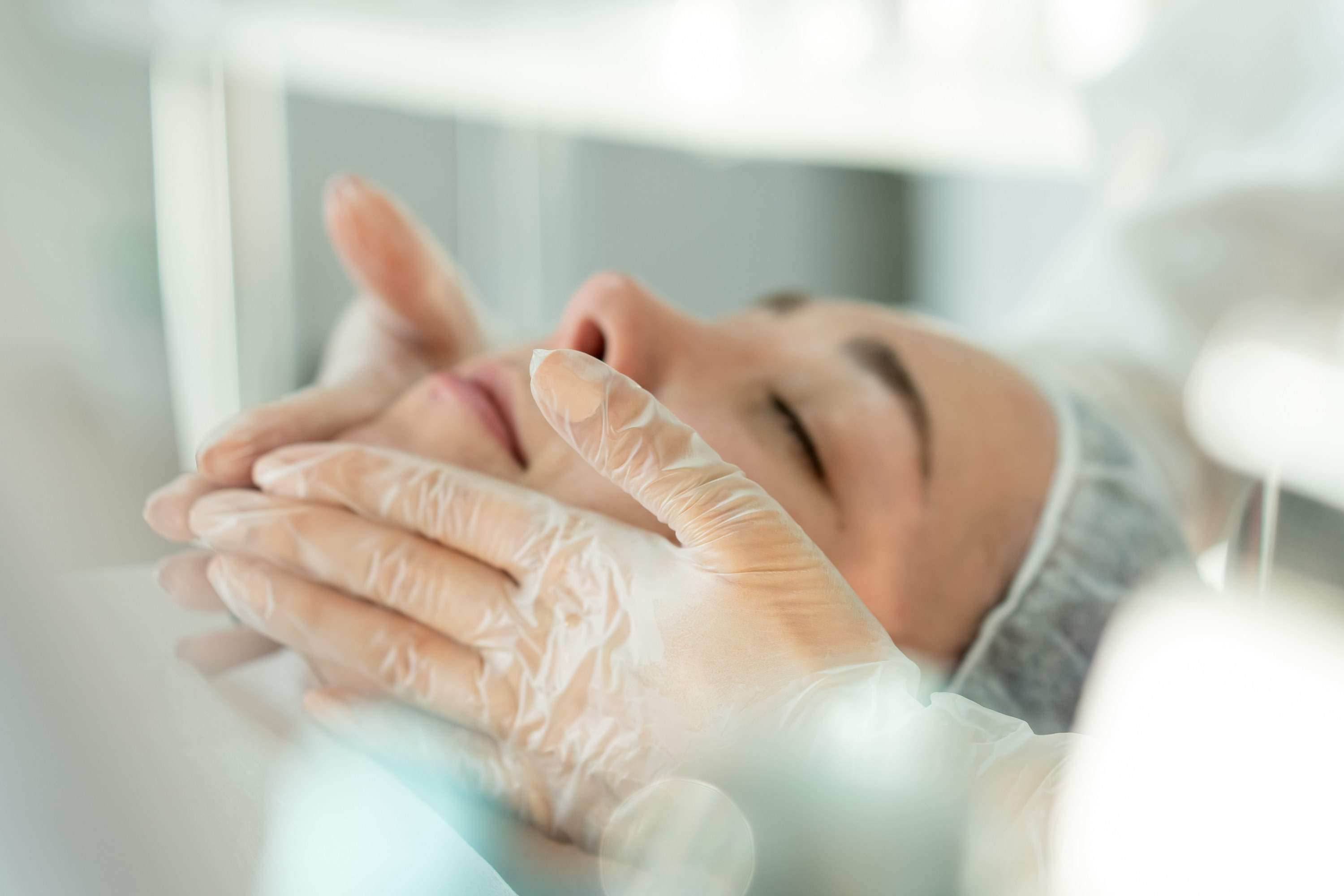Figuring out which skincare products work best for your skin can definitely be an overwhelming process.

If you're someone who struggles specifically with acne-prone skin, you might be familiar with some of the common active ingredients found in acne products — like salicylic acid or benzoyl peroxide.

Although I like to consider myself someone who's well-versed in the skincare world (I grew up with an esthetician mother who taught me everything I know), I will occasionally scratch my head at new products and ingredients that come on the market, not knowing much about them.
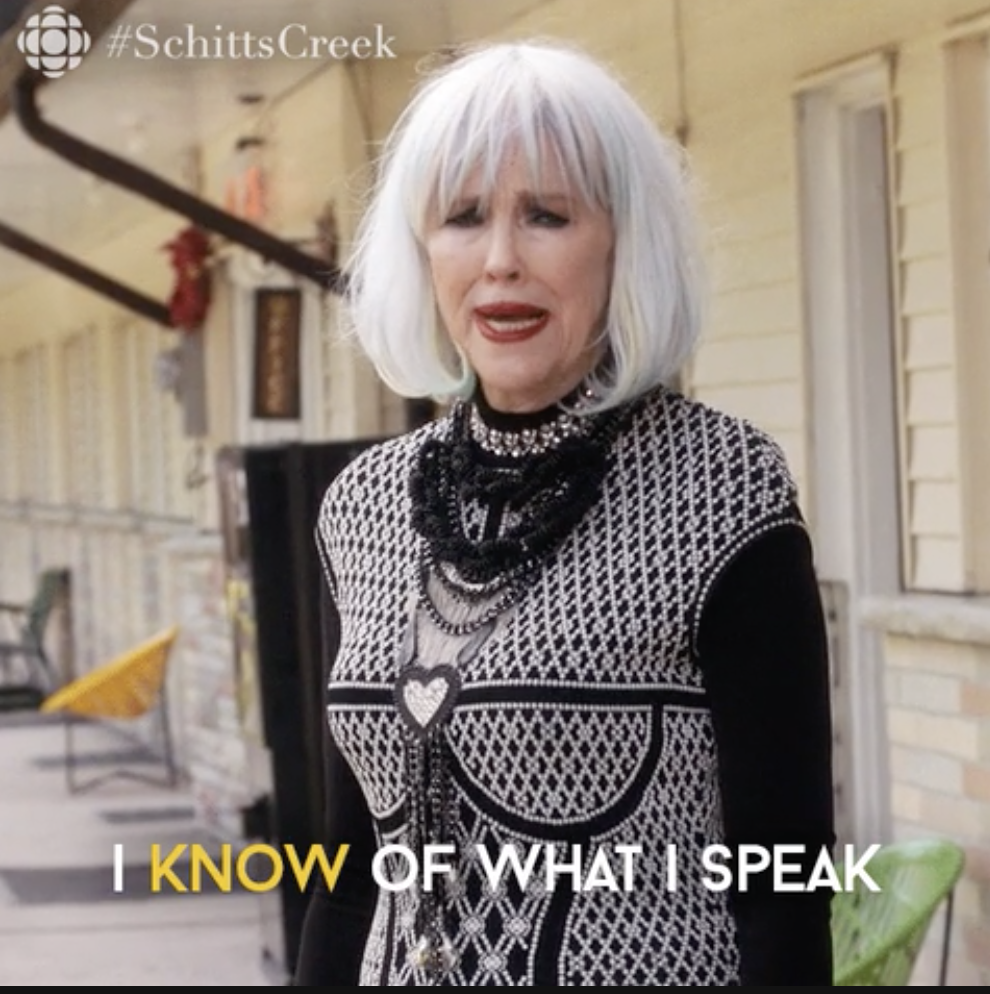
This brings me to two acne-fighting ingredients I've been hearing a lot about recently: sulfur soap and tretinoin. Both have been making the rounds on TikTok and Twitter as of late, with many swearing by one or both as "fixes" for their acne-prone skin.
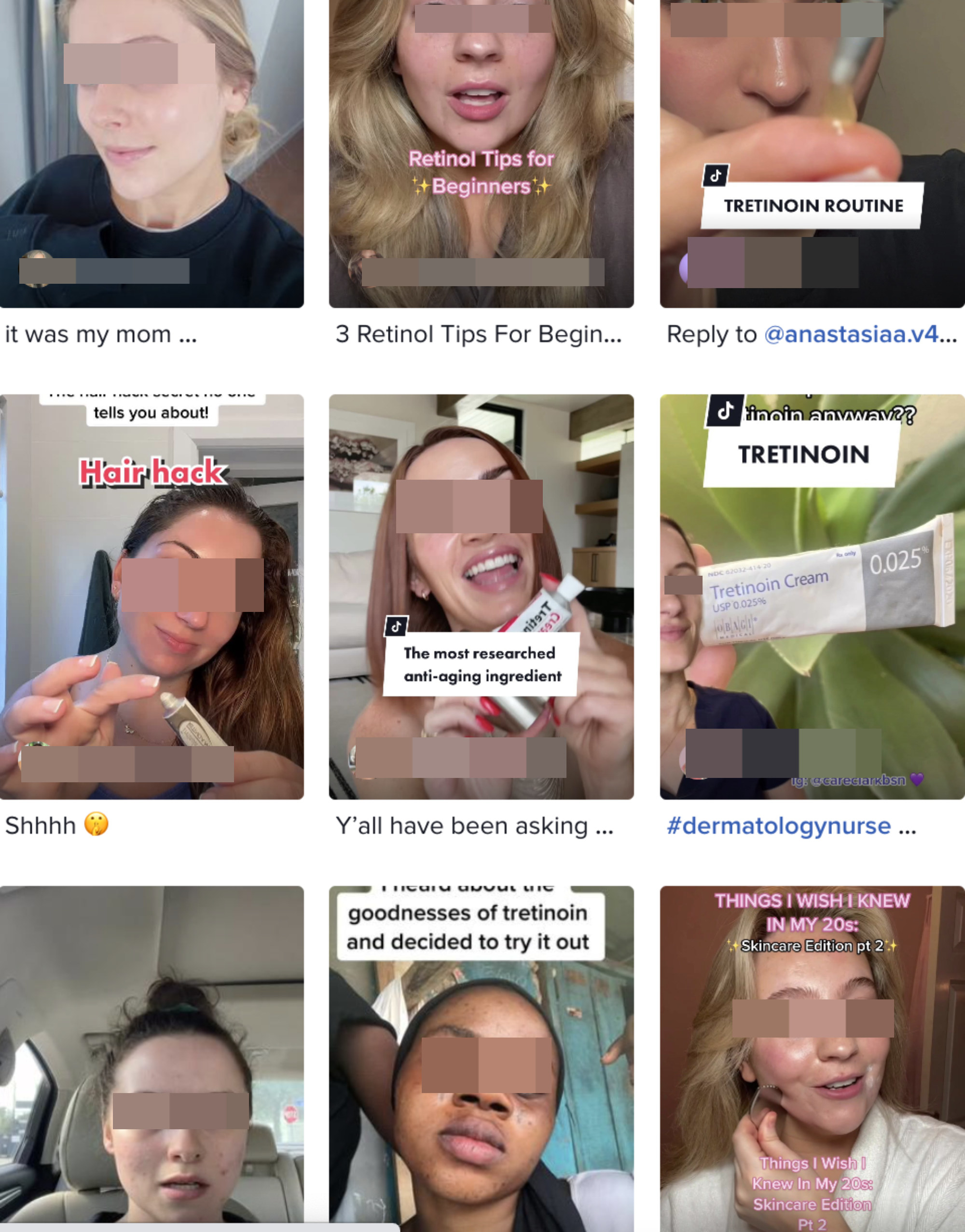
But we all know that you can't believe everything you read or watch on the internet, so I turned to Dr. Erum Ilyas, MD, MBE, FAAD, a board-certified dermatologist to get the lowdown on sulfur soap and tretinoin. She explained everything — including what each ingredient does for acne, who should be using products with these ingredients in them, potential side effects, and more.

Dr. Ilyas explained that tretinoin and sulfur play different roles when it comes to treating acne. "Tretinoin and sulfur have two different mechanisms of action in managing acne. Tretinoin is focused more on the production of oil and sebum — while sulfur tends to have a more anti-inflammatory and antimicrobial response," Dr. Ilyas told BuzzFeed.
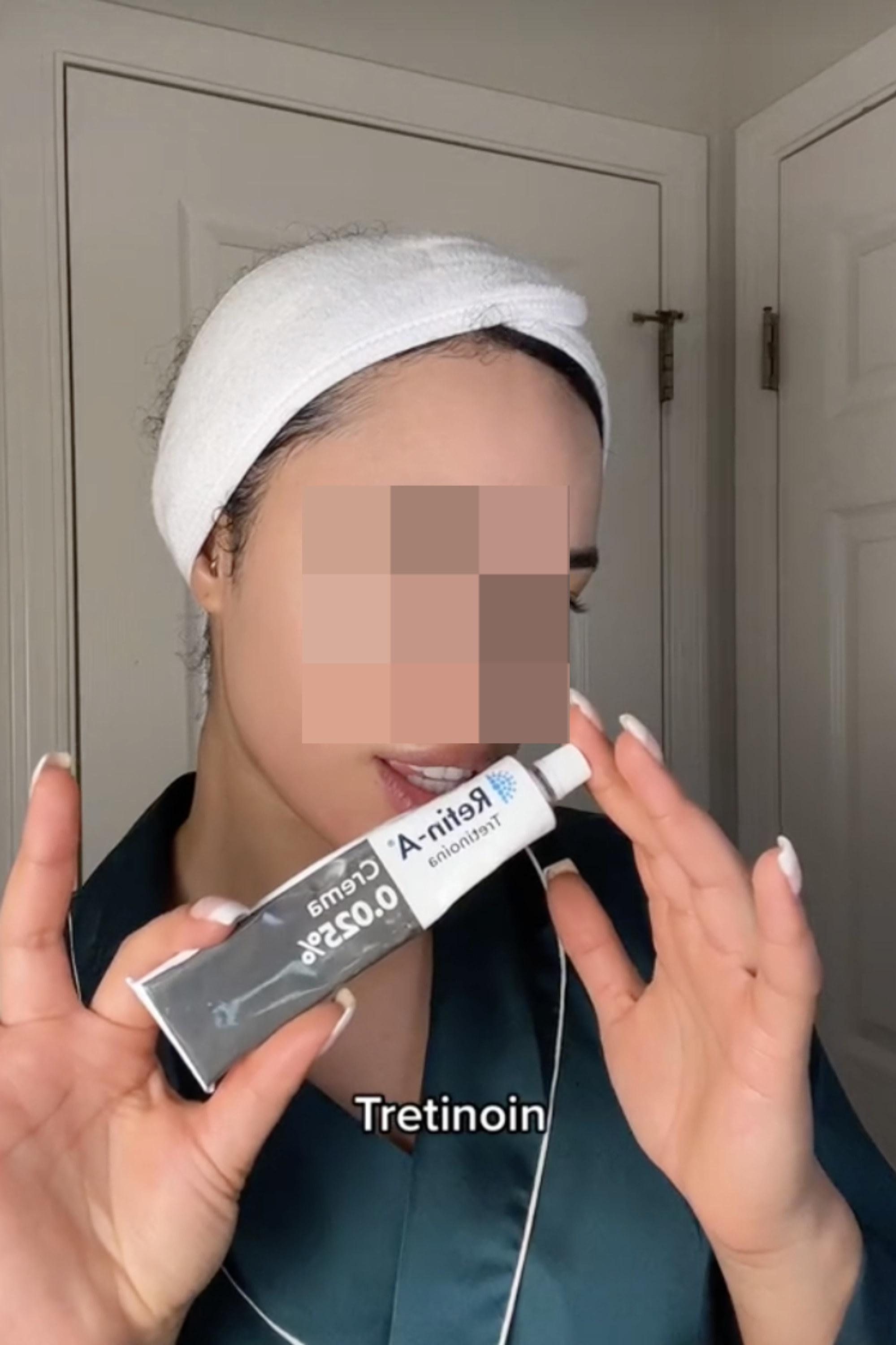
Dr. Ilyas said out of these two ingredients, tretinoin might be a little more familiar to acne patients compared to sulfur. Tretinoin also requires a prescription from a doctor, whereas sulfur soap is available over-the-counter, or without a prescription.
"There is a good chance that if you have visited a dermatologist for acne, tretinoin may have been discussed and/or prescribed during your visit," Dr. Ilyas told BuzzFeed.
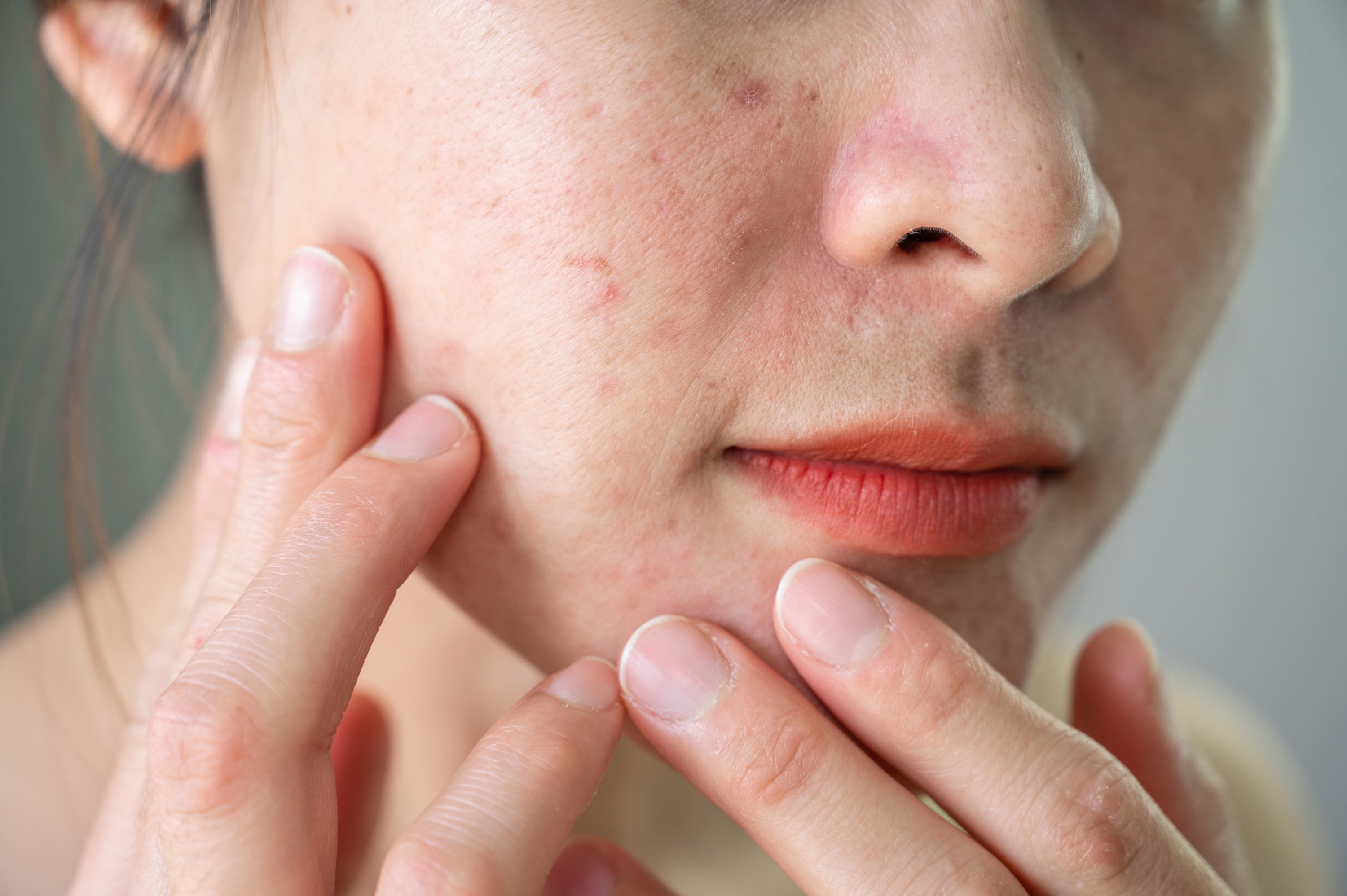
"Tretinoin is considered an important product [usually in the form of a lotion, cream, or gel] to treat and manage acne by addressing how acne forms — excess oil and sebum production," she added.
Dr. Ilyas also explained that tretinoin is considered a retinoid. "The effects can range from an increase in cell turnover that can lead to chemical exfoliation of the skin, fade discoloration, contribute to softening or smoothing of the skin, and increase collagen production to improve the appearance of fine lines and wrinkles," she explained.
It's important to note that since tretinoin is considered a retinoid, you should be aware of potential side effects such as skin irritation and peeling.
On the other hand, sulfur is another key component in treating acne. However, Dr. Ilyas said that it's not for everyone. "I find that there is a niche group of patients who respond nicely to sulfur in the management of acne. I have had patients complain of dryness or irritation from use. Even if not allergic, some may have sensitivities to the product," she explained.
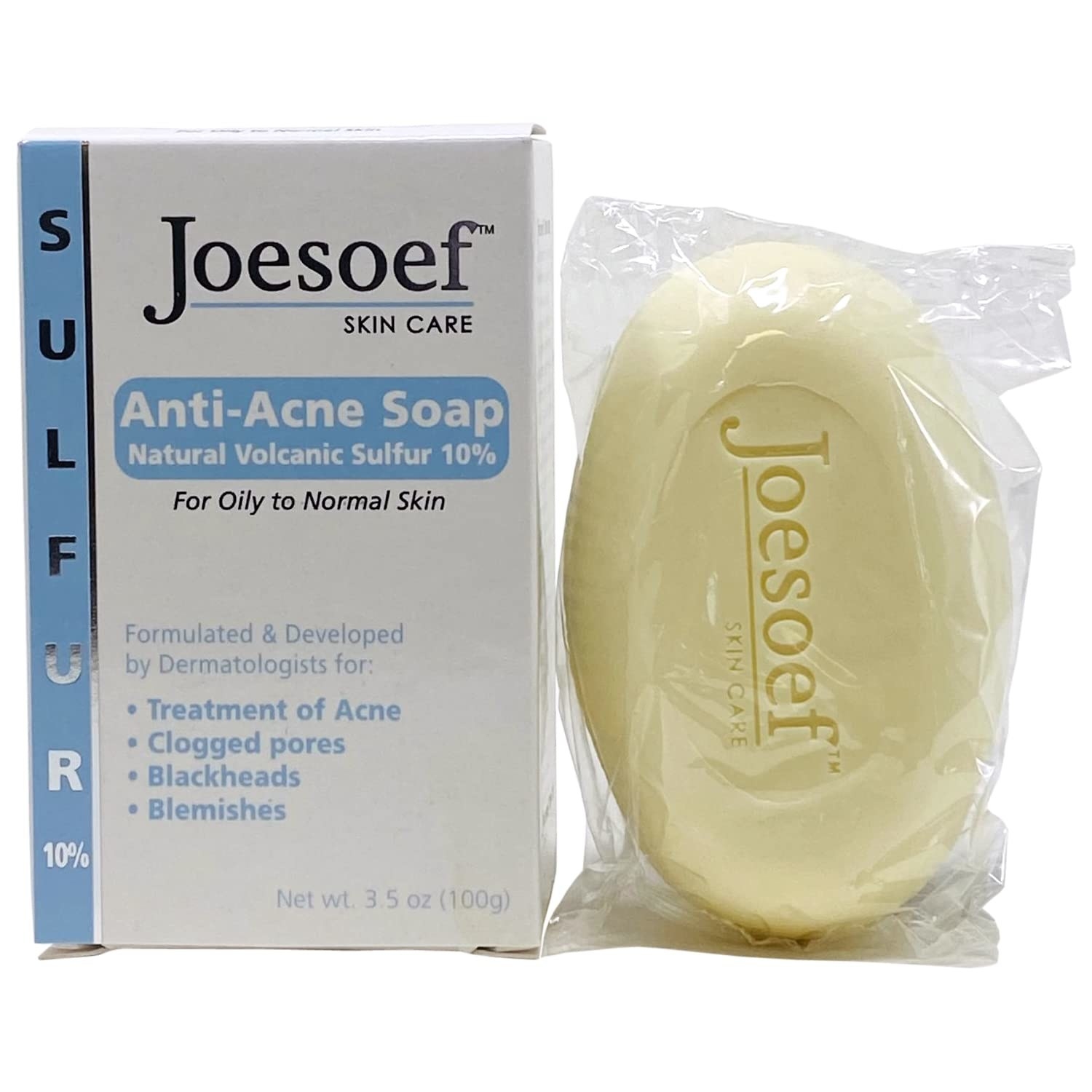
"There also can be an odor associated with sulfur-containing products [that usually come in the form of cream, lotion, ointment, and bar soap] that can make them less favorable to some," Dr. llyas added.
In regards to how it treats acne, Dr. Ilyas explained that similar to tretinoin, sulfur addresses excess keratin, oil, and bacteria in the skin. In addition to that, sulfur also helps with inflammation.
"Sometimes, patients can have [skin conditions like] both acne and seborrhea, or both acne and rosacea. The challenge in managing these patients with acne regimens alone is that traditional acne products may inflame or irritate the skin. Sulfur works well in many of these cases by managing both conditions effectively," Dr. Ilyas said to BuzzFeed.
